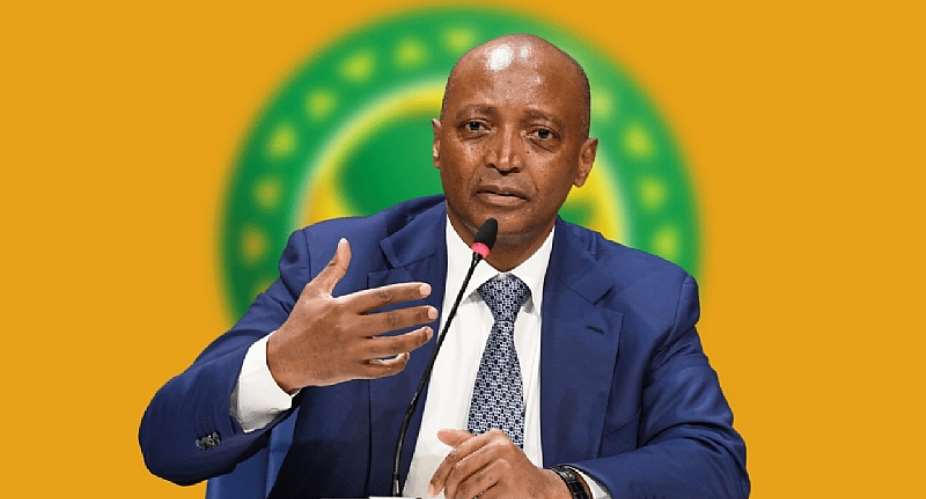CAF appointment sparks tensions as Morocco gains greater influence

Fouzi Lekjaa’s elevation to the role of first vice president of the Confederation of African Football (CAF) has stirred strong reactions across the continent, drawing praise from Moroccan supporters and sharp criticism from Algeria, where the move is being viewed as a significant setback.
The Moroccan football administrator, who also serves as president of the Royal Moroccan Football Federation (FRMF), was officially appointed to the new position on Saturday, April 26, 2025, by CAF President Patrice Motsepe.
Lekjaa now assumes one of the most powerful roles within African football’s governing body, alongside Ghana’s Kurt Oraku and Gabon’s Pierre Alain Monguengui.
For Morocco, this latest development signals a continued rise in regional football influence. Lekjaa’s presence at the top of both CAF and FIFA, where he already holds a seat on the global body’s executive committee, cements his growing stature on the international football stage.
His appointment is being celebrated by Moroccan officials and media as further evidence of the country’s strategic ascendancy within the sport.
In sharp contrast, the reaction in Algeria has been marked by frustration and suspicion. Several Algerian media outlets have openly criticised CAF’s decision, portraying it as another example of the organization’s lack of transparency and fairness.
They argue that Lekjaa’s promotion reflects a pattern of preferential treatment towards Morocco and accuse CAF leadership, particularly President Motsepe, of fostering a culture of favoritism.
Algerian critics have gone further to suggest that the appointment undermines the integrity of CAF’s internal governance.
They allege that decisions within the organization are increasingly influenced by political alliances rather than merit or a commitment to the principles of fair play and ethical conduct.
The discontent has been fueled by the perception that Morocco is consolidating power within CAF, a concern that extends beyond this latest appointment. Lekjaa’s rising influence is viewed by some in Algiers as symbolic of an imbalance in the Confederation’s leadership structure, one that risks marginalizing other national football associations across the continent.
Despite these allegations, supporters of Lekjaa and his appointment argue that his track record speaks for itself. Under his leadership, Moroccan football has undergone significant development at both club and national levels, with major investments in infrastructure and youth development. His role in shaping policy at both CAF and FIFA is seen as a natural extension of this progress.
Nevertheless, the controversy highlights deeper tensions within African football governance, particularly around issues of representation, regional balance, and institutional transparency.
While CAF maintains that its appointments are based on merit and strategic vision, detractors believe the organization must do more to address perceptions of bias and ensure that all member associations feel adequately represented.
As Fouzi Lekjaa assumes his new responsibilities, all eyes will be on how his presence influences CAF’s future decisions, particularly on matters such as tournament hosting rights, resource allocation, and youth development strategies.
For now, his promotion has reignited a long-running debate about power dynamics within African football, leaving many stakeholders questioning the Confederation’s commitment to impartiality and ethical governance.




